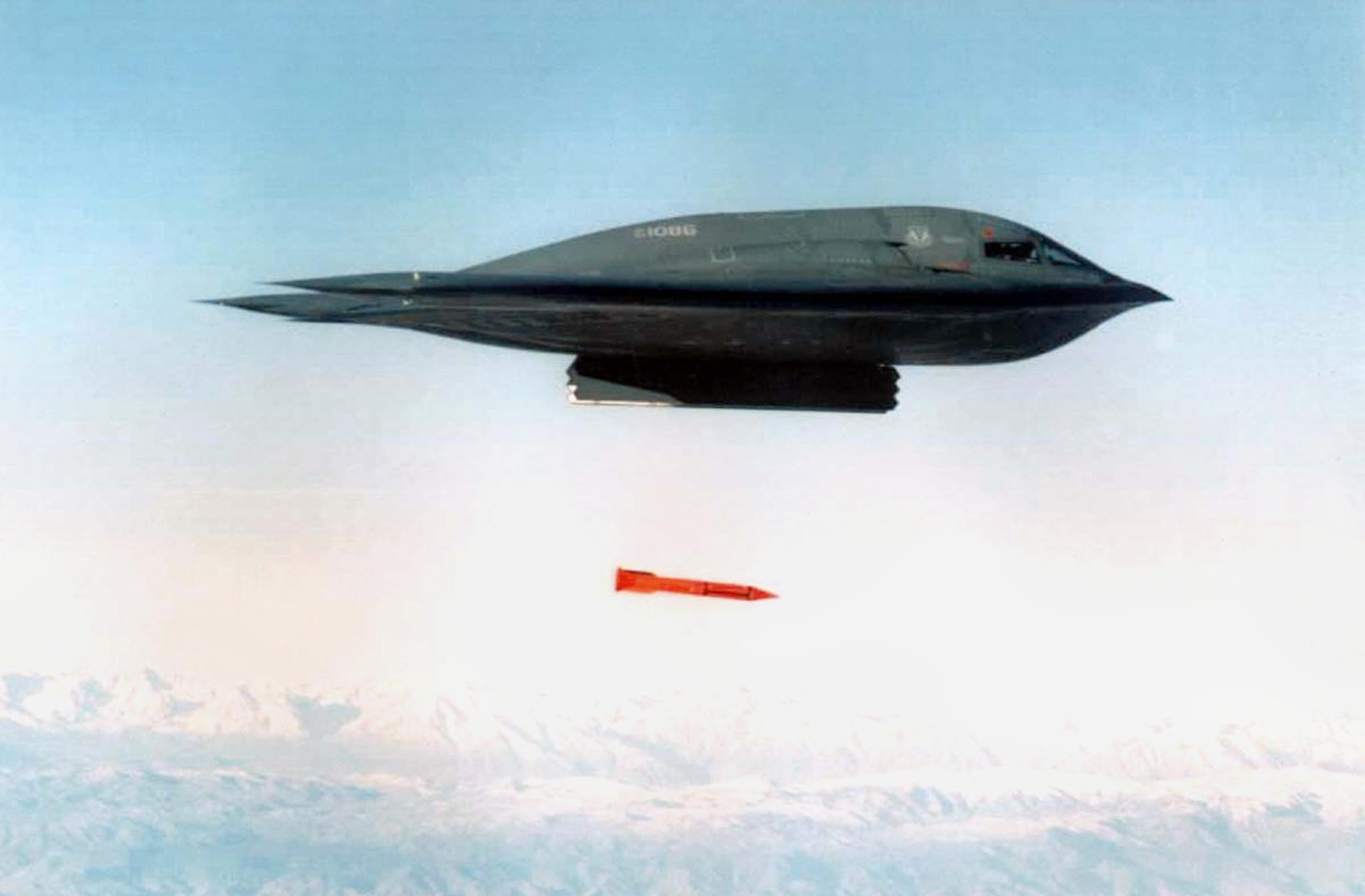
It's one of the delicious ironies of the Barack Obama presidency that a man who came into office with lofty talk on nuclear nonproliferation would oversee the biggest modernisation of the US arsenal since the Cold War. His administration kick-started a $1 trillion nuclear upgrade initiative that, among other things, will refurbish eight major weapons labs and prolong the lives of the Pentagon's most important tactical nuclear bomb and submarine-based warhead.
This update is a legacy worth championing.
However, it is possible to have too much of a necessary thing. Case in point is a new plan by the Air Force to spend $62 billion for research and development of new nuclear-tipped intercontinental ballistic missiles to replace the aging Minuteman IIIs now in silos in the northern Great Plains.
These ICBMs are the centerpiece of the land leg of the so-called nuclear triad, which also includes the Air Force's nuclear-armed bombers and the Navy's Ohio-class submarines. The Minutemen are also as outdated as the Soviet Union. Nuclear deterrence works only if potential adversaries actually have some smidgen of a belief that the US would actually use the weapons. And, contra Donald Trump's carelessly casual remarks on pressing the button, nobody thinks the US would let fly these doomsday devices in any circumstances short of a last-ditch effort to end a massive, ongoing nuclear conflict.
The 500 or so Minutemen currently in service are far, far more than enough to maintain credibility for such a far-fetched scenario. And while they have an expiration date of 2030, experts say their lifespans could be extended. Given that the land-based leg of the nuclear stool looks increasingly anachronistic, the military should be looking to phase it out entirely. Take from someone with a bit more experience here than me, former Joint Chiefs of Staff chairman Admiral Mike Mullen: "At some point in time ... certainly I think a decision will have to be made in terms of whether we keep the triad or drop it down to a dyad."
But for now, at a minimum, it would be wise to save billions by taking the majority of the Minutemen out of service, refurbishing those that remain, and shutting down the silos at one or two of bases where they are stored. (Relax, you who worry that fewer missiles would give an enemy an easier time knocking them all out of the sky: The only plausible scenario in which the US would use them would be after that adversary's anti-missile capabilities had been pretty much wiped out.)
Scaling back and eventually eliminating the land-based missiles would not weaken the nation's nuclear deterrent. The Air Force last year gave Northrop Grumman an $80 billion contract to develop a new long-range-strike bomber for nuclear missions, to replace the B-1 and B-2 aircraft. It can also keep flying its fleet of Cold War-era B-52s until at least 2040. And the administration is spending upwards of $8 billion to upgrade the arsenal of air-carried B61 tactical nuclear weapon. (The Air Force, unfortunately, also wants to spend $30 billion on a new air-launched cruise missile that would make the world less safe.)
The Navy, meanwhile, awarded Electric Boat and Huntington Ingalls hundreds of billions to develop a nuclear submarine to replace the current Ohio class, and is upgrading the nuclear-tipped Trident ballistic missiles they will carry.
The Defense Department's acquisitions board is meeting to review the funding plan for the Air Force's proposed new missiles. Its members should realise that, given the "bow wave" of costs the services will have to carry in the next decade -- including purchases of more F-35 joint-strike fighters and building up to 10 of the lumbering new Ford-class supercarriers -- they need to pick their priorities more carefully. US-based ICBMs are an obvious candidate for budgetary triage.
In 2009, Obama was awarded the Nobel Peace Prize for his "vision of a world free from nuclear arms." Experience tends to make pragmatists of us all, and the president is no exception. We're all going to be safer for it. - Bloomberg View